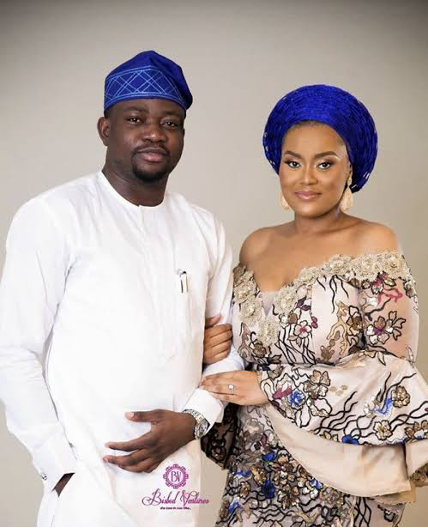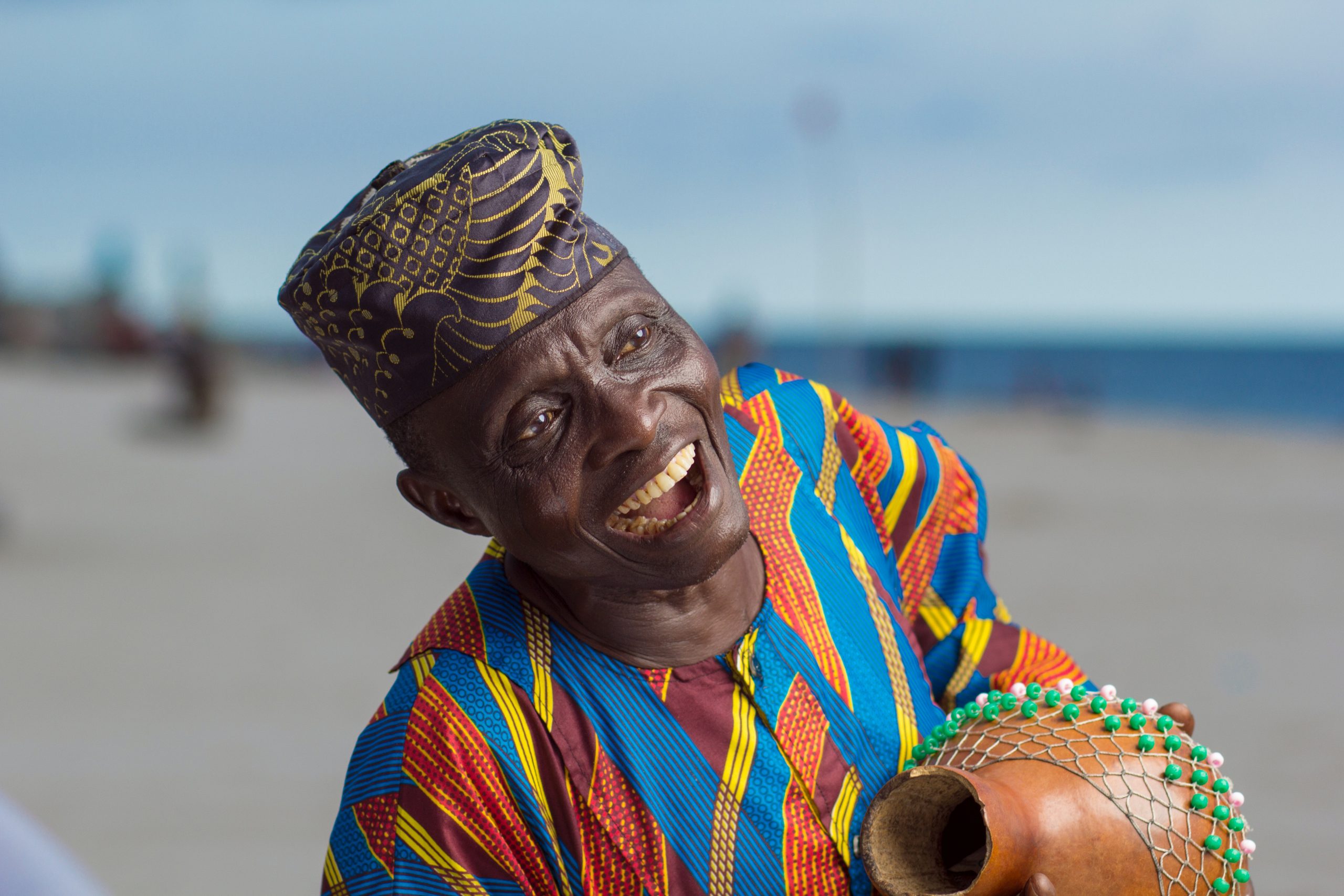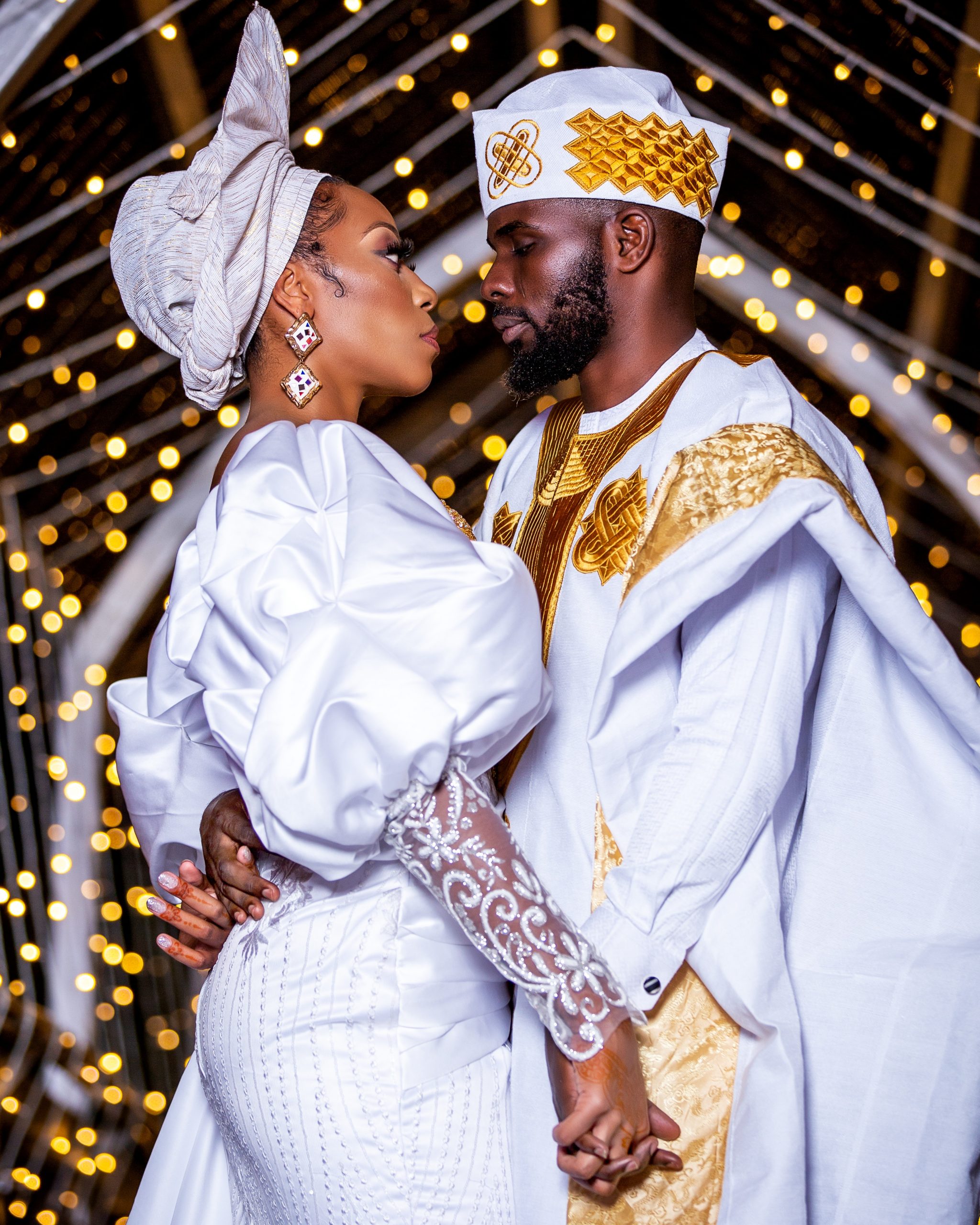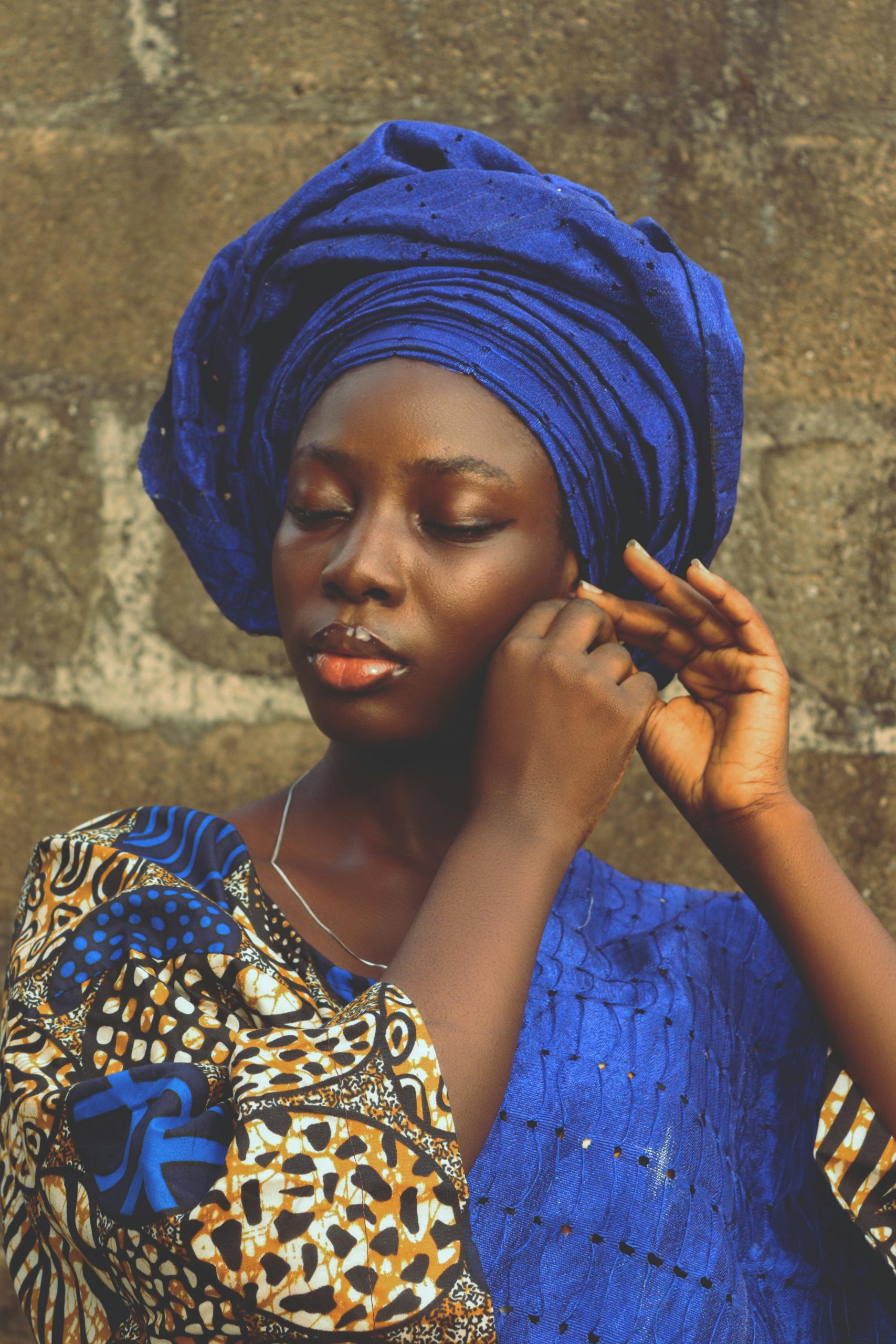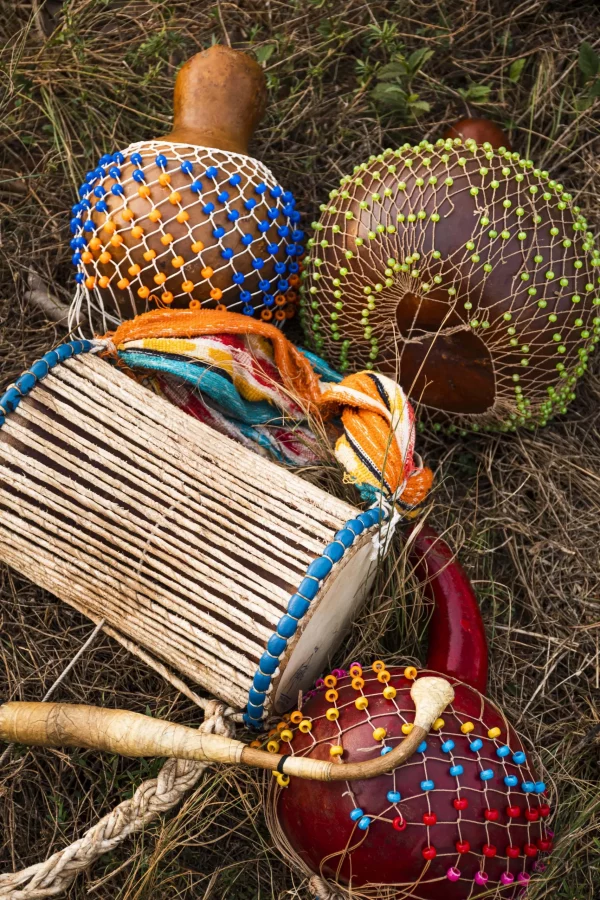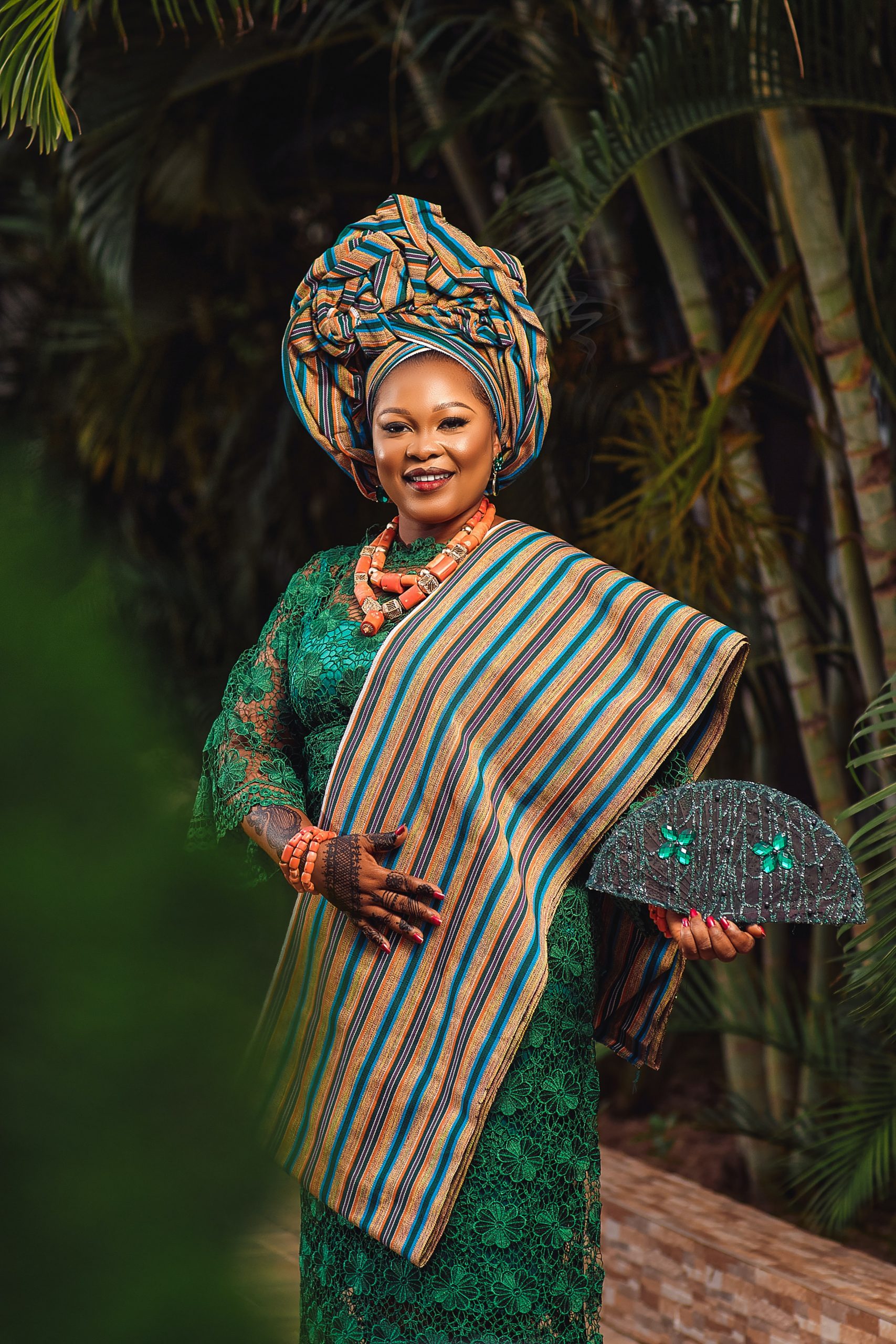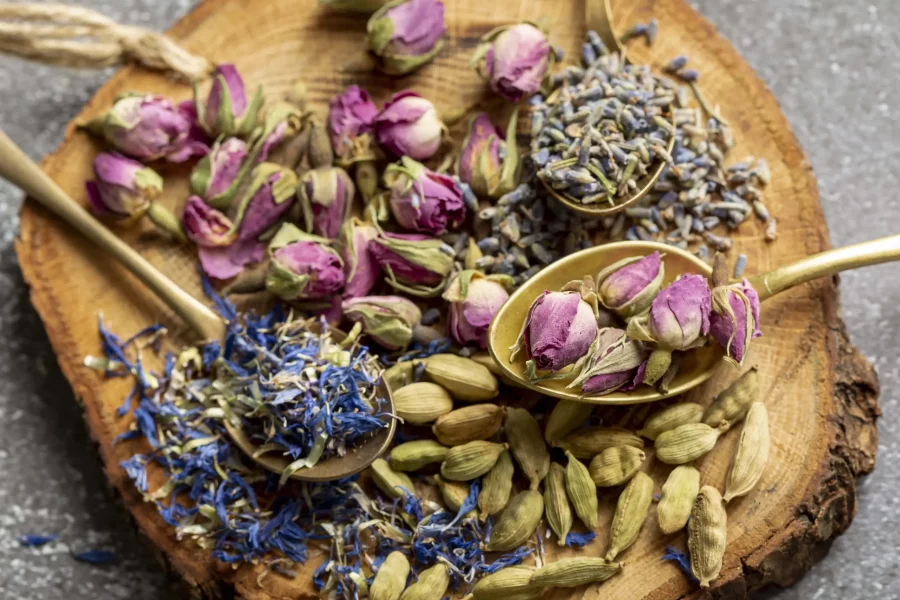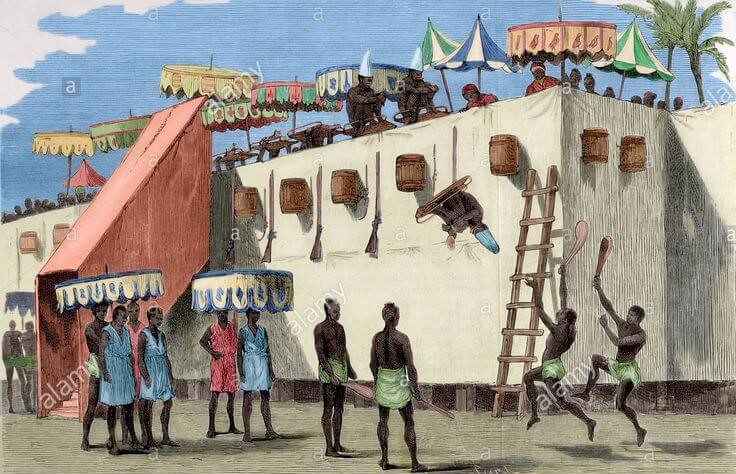DiscoverYoruba.com is your one-stop for embracing Yoruba culture, entertainment, and history unfolding.
Table of Contents

The historical and cultural connections between the Yoruba and Igbo communities in Nigeria are rich and deep-rooted, shaping the country’s past and present. From their origins and migration to the impact on modern-day Nigeria, this article delves into the similarities and differences between these two vibrant cultures.
Exploring their pre-colonial interactions, religious beliefs, traditional attire, and more, we aim to shed light on the unique relationship between the Yoruba and Igbo communities and its significance in shaping Nigeria’s social, political, and economic landscape. Join us as we uncover the compelling story of these two influential ethnic groups and the bonds that continue to strengthen their connection.
History of Yoruba and Igbo
The history of Yoruba and Igbo is deeply rooted in the historical accounts of Nigeria, encompassing their origins, migration patterns, and interactions from pre-colonial times to the post-independence era.
The Yoruba and Igbo ethnic groups have rich histories, dating back to ancient times. The Yoruba people migrated from northeast Nigeria and settled in the southwest, now known as Yorubaland. Meanwhile, the Igbo people migrated from various West African regions and settled primarily in the southeast of Nigeria. These migrations played a significant role in shaping their cultural identities and social structures.
During the colonial era, both the Yoruba and Igbo societies experienced significant changes. The imposition of British rule and the emergence of the colonial landscape transformed traditional governance systems and social dynamics. The impact of colonialism on trade, education, and socio-political structures had lasting effects on both groups, leading to a multifaceted struggle for independence.
Origins and Migration
The origins and migration patterns of the Igbo and Yoruba communities are pivotal aspects of their historical development, shaping their ethnic identities and cultural tapestry within Nigeria.
The Igbo and Yoruba ethnic groups have rich ancestral origins that have contributed to the diverse tapestry of Nigerian culture.
The Igbo people are believed to have migrated from the areas around the region of the Niger Delta, while the Yoruba people have ancestral ties to the ancient city of Ile-Ife.
Both groups have oral traditions and historical connections that trace their migration routes and settlements throughout history.
The Igbo people, for example, are known for their decentralized system of governance, while the Yoruba are recognized for their city-states and monarchies.
The impact of migration has influenced these distinctive cultural traits because interactions with neighbouring groups and outside influences have shaped their societies.
Pre-Colonial Interactions
The pre-colonial interactions between the Igbo and Yoruba communities were characterized by cultural exchange, ethnological observations, and historical connections that influenced their respective sociocultural landscapes.
These interactions between the Igbo and Yoruba not only involved the exchange of material goods but also led to the transfer of linguistic elements, religious practices, and artistic expressions, thus shaping their cultural identities.
Ethnological observations during these exchanges provided valuable insights into the social organization, kinship systems, and belief structures of both societies, shedding light on their complex dynamics and interdependencies.
The historical connections formed through trade, alliances, and conflicts laid the foundation for long-lasting relationships and reciprocal influences, enriching the historical tapestry of these esteemed communities.
Colonial Era and Independence
The colonial era and the quest for independence witnessed profound historical injustices and political hostilities that significantly impacted the Igbo and Yoruba communities, leading to nationalist movements and the struggle for self-determination.
During this period, the British colonial administration imposed policies that favoured certain ethnic groups, intensifying tensions between the Igbo and Yoruba. The divide-and-rule tactics implemented by the colonial authorities further exacerbated the existing political hostilities, fueling resentment and discontent among the indigenous population.
Despite these challenges, both the Igbo and Yoruba played pivotal roles in the nationalist movements, advocating for autonomy and representation within a unified Nigeria. The renowned efforts of individuals such as Nnamdi Azikiwe, a prominent figure in the Nigerian independence movement, resonated deeply within the Igbo and Yoruba communities, inspiring collective action. These leaders galvanized support and fostered a sense of unity, laying the groundwork for the eventual emergence of a sovereign Nigerian state.
Similarities Between Yoruba and Igbo Cultures
The cultural tapestry of Nigeria is enriched by the linguistic, grammatical, and traditional beliefs shared between the Igbo and Yoruba communities, reflecting a deep-seated cultural exchange and ethnological interconnectedness.
Both the Igbo and Yoruba cultures exhibit striking linguistic resemblances, not only through shared words and expressions but also in the syntactic structures of their languages.
Plus linguistic parallels, the traditional beliefs of the two cultures, such as the veneration of ancestors and spirits, demonstrate an overlapping spiritual worldview.
This intertwining of cultural traits is indicative of a long history of interaction and mutual influence, showcasing the profound impact of ethnological interconnectedness on the development of these societies.
Language and Dialects
The linguistic landscape of Nigeria is adorned with the tonal accents and diverse dialects of the Igbo and Yoruba languages, showcasing the linguistic richness embedded within the country’s tapestry of Nigerian languages.
Despite being geographically close, the Igbo and Yoruba languages differ significantly in tonal accents, phonetics, and lexical patterns, contributing to the vibrant linguistic mosaic of Nigeria.
The guttural intonations in Igbo and the melodic, rhythmic inflections of Yoruba reflect the distinct cultural and historical heritage of these ethnic groups.
The Igbo language, with its rich repertoire of proverbs and idioms, is a testament to the intricate semantic layers within its lexical structure, while the Yoruba language thrives on its complex tonal system, evoking a musical quality in its spoken form.
Traditional Beliefs and Practices
The traditional beliefs and practices of the Igbo and Yoruba communities form an integral part of their cultural traditions, manifesting through vibrant ceremonies, cultural elements, and time-honored traditions.
Both cultures place immense value on rituals, such as communal gatherings, dance, music, and storytelling, which are deeply rooted in their belief systems.
The Igbo and Yoruba societies have cultivated practices to honour ancestral spirits and deities, fostering a strong sense of connection to their heritage. The ceremonial practices serve as a means of passing down knowledge, history, and values from one generation to the next, playing a pivotal role in preserving the rich cultural tapestry of these communities.
Social Structure and Family Values
The social structure and family values embedded within the Igbo and Yoruba societies are emblematic of their rich cultural heritage and the resilience of their indigenous people, portraying a tapestry of cultural diversity and historical connections.
Both the Igbo and Yoruba communities place significant emphasis on communal living and extended family networks, which form the cornerstone of their social structure. Within these societies, the family provides a strong support system and is central to individual identity and success.
The Igbo and Yoruba traditions also honour their elders, fostering a deep sense of respect and obligation towards the older generation. This reverence for elders further underscores the cohesion and stability prevalent within their communities.
The rich cultural fabric woven by these indigenous people permeates various aspects of life, including music, art, and religious practices, thus playing a pivotal role in shaping their collective identity.
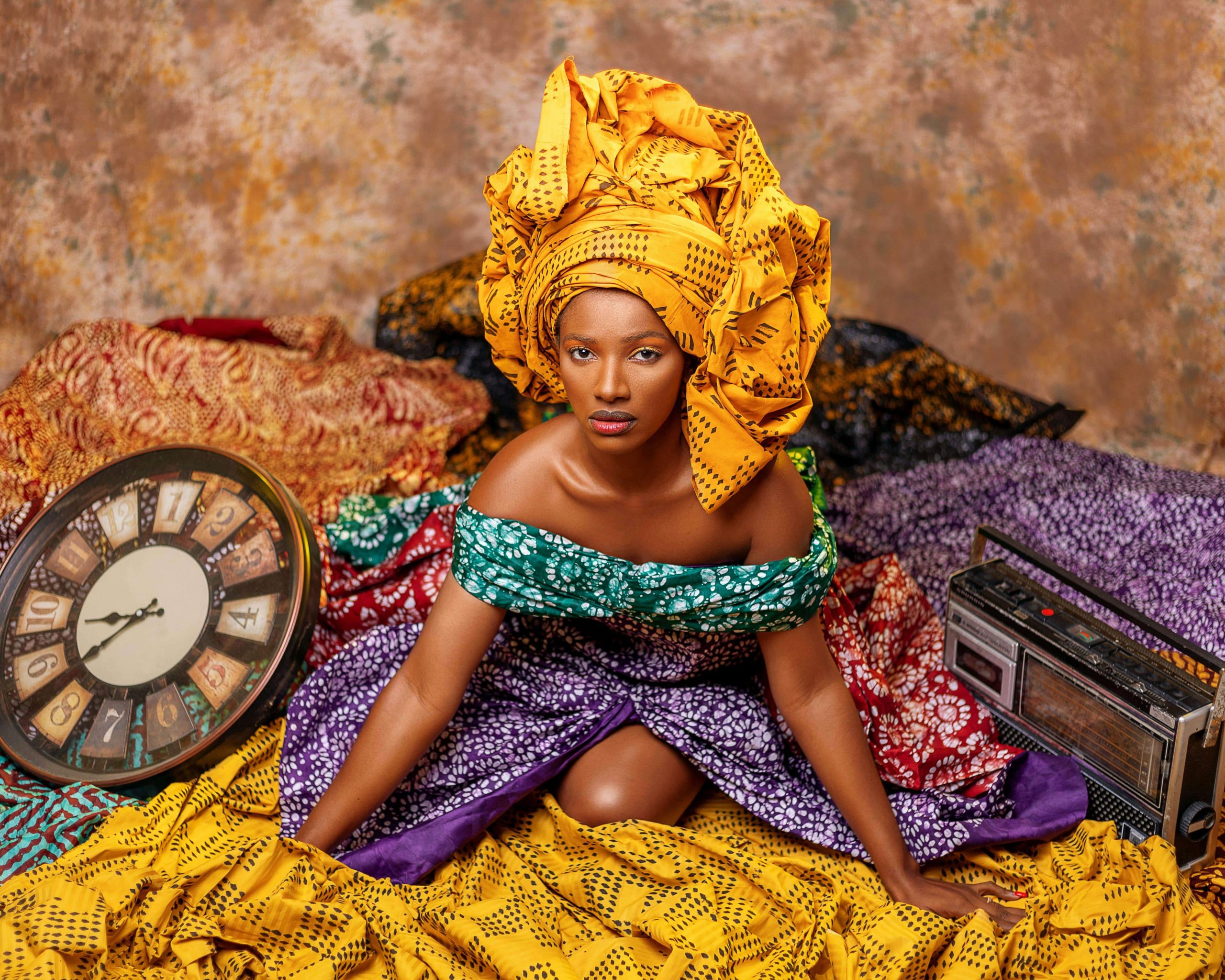
Differences Between Yoruba and Igbo Cultures
Despite their historical connections, the Igbo and Yoruba cultures exhibit distinct differences in geographical influences, religious practices, and traditional attire, reflecting the diverse customs and rituals entrenched within their respective societies.
Geographically, the Igbo culture is primarily located in southeastern Nigeria. It is characterized by dense forests, hills, and rivers, which have shaped their agricultural practices and societal structure.
In contrast, the Yoruba culture thrives in southwestern Nigeria and parts of neighbouring Benin and Togo. Their traditions are influenced by the savannah landscape and proximity to the coast.
Religiously, the Igbo culture traditionally worships a pantheon of deities and spirits. This is deeply interwoven with their agricultural and communal activities. On the other hand, the Yoruba culture is renowned for its complex system of Orisha worship, emphasizing the interconnectedness of various spiritual forces. In recent times, the Igbo are mostly Christians, while the Yoruba are a mix of Christians, Muslims and traditional worshipers
In terms of traditional attire, the Igbo people are known for their vibrant and intricate masquerade costumes. These play integral roles in religious ceremonies and cultural festivals, signifying their spiritual beliefs.
In contrast, the Yoruba culture embraces richly embellished textiles, such as the aso-oke and adire. These are complemented by distinct gele headgear and agbada garments, symbolizing their elegant fashion sense deeply rooted in tradition.
Geographical Location and Influences
The geographical locations and influences have contributed to the distinct ethnic politics and cultural celebrations that shape the identities of the Igbo and Yoruba communities, emphasizing their unique historical connections and regional dynamics.
The Igbo people are located in the southeastern region of Nigeria, which has greatly influenced their political and cultural traditions. This area is known for its lush tropical forests, rolling hills, and fertile farmlands, creating a vibrant agricultural society and a strong sense of communal living.
On the other hand, the Yoruba people originate from the southwestern part of Nigeria, where the landscape is diverse with savannas, dense forests, and the Atlantic Ocean nearby. These geographical features have shaped their economic activities, trade networks, and political structures, resulting in unique cultural celebrations and ethnic politics within the Yoruba community.
Traditional Attire and Customs
The traditional attire and customs of the Igbo and Yoruba communities are emblematic of their cultural traits and the influence of post-election litigation, portraying the resilience and diversity of their respective customs and heritage.
Within the Igbo culture, the attire reflects the intricate social hierarchy and rituals. It often showcases vibrant colours and symbolic patterns that denote specific events or roles within the community.
Similarly, Yoruba customs are characterized by elaborate ceremonies, such as the well-known Gelede masquerade. This highlights the artistic prowess and spiritual significance of their practices.
The impact of cultural traits on the attire and customs of these communities has been influenced by the evolving sociopolitical landscape. This is particularly evident in the aftermath of post-election litigations, sparking a reevaluation of traditional values and a renewed emphasis on preserving and celebrating their rich cultural heritage. This serves as a testament to the enduring resilience of these vibrant communities.

The Impact of Yoruba and Igbo Relationship on Modern Day Nigeria
The relationship between the Igbo and Yoruba communities holds significant implications for modern-day Nigeria, influencing political alliances, economic cooperation, and fostering cultural exchange, all of which contribute to the nation’s socio-political landscape.
Historically, the Igbo and Yoruba communities have maintained distinct cultural identities while simultaneously engaging in interwoven interactions that have shaped Nigeria’s social fabric. Their historical kinship has dynamically influenced the political landscape, as leaders from these communities have formed alliances, creating a complex web of power dynamics.
Economically, their collaboration has fostered cross-regional trade, contributing to the economic growth of the nation. This relationship has also engendered a rich cultural exchange, evident in the shared traditions, language influences, and artistic expressions, disseminating a sense of unity amidst diversity. The amalgamation of Igbo and Yoruba influences continues to significantly impact Nigeria’s contemporary socio-political environment.
Political Alliances and Conflicts
The political alliances and conflicts stemming from the Yoruba-Igbo relationship have played a pivotal role in presidential battles, voter suppression, and the dynamics of the Yoruba-Igbo rivalry, shaping Nigeria’s democratic process and post-election litigation.
The complex interplay of historical grievances, power struggles, and ethnic loyalties have deeply influenced the political landscape, with both groups vying for influence and representation.
The Yoruba-Igbo relationship has been marked by periods of collaboration and contention, often impacting the formation of electoral coalitions and the mobilization of voters. Their rivalry has led to strategic maneuvers and intricacies in electoral strategies, with candidates and parties seeking to court the support of these influential demographics.
This dynamic has contributed to the fluidity of political alliances and the intensity of electoral competition, fueling intricate power plays and influencing the distribution of votes.
Cultural Exchange and Integration
The cultural exchange and integration between the Igbo and Yoruba communities have fostered inter-ethnic marriages and contributed to Nigeria’s cultural diversity, enriching the nation’s heritage and social fabric.
The interactions between these two prominent ethnic groups in Nigeria have led to a beautiful intertwining of traditions, languages, and customs. This cross-pollination has not only strengthened the bond between the Igbo and Yoruba but has also created a vibrant tapestry of cultural expressions that unites the entire nation.
The amalgamation of Igbo and Yoruba influences has brought about a unique fusion in music, art, dance, and culinary traditions. Beyond the superficial aspects, the amalgamation also plays a crucial role in shaping the attitudes and mindsets of individuals from both communities, fostering empathy, understanding, and acceptance of diversity.
Economic Cooperation and Development
The economic cooperation and development initiatives involving the Igbo and Yoruba communities have been instrumental in addressing ethnic sectarianism, indigenization programs, and the management of conflicts such as those involving Fulani herders, contributing to Nigeria’s national integration and economic growth.
This collaboration has facilitated the blending of expertise and resources from both communities, creating a synergy that has led to the development of sustainable economic ventures. The initiatives have fostered a sense of shared responsibility, promoting a collaborative approach to resolving inter-ethnic tensions.
The joint efforts have also played a crucial role in the implementation of indigenization programs, give the power toing local communities and boosting their economic autonomy. The initiatives have been pivotal in demonstrating the potential for ethnically diverse groups to coexist harmoniously and leverage their collective strengths for the greater good.

Conclusion: Strengthening the Bonds Between Yoruba and Igbo Communities
The strengthening of bonds between the Yoruba and Igbo communities is paramount for Nigeria’s national integration, cultural growth, and the preservation of their shared heritage, reflecting the resilience and unity of the indigenous people.
This strengthening of bonds between the Yoruba and Igbo communities serves as a symbol of unity within the diverse fabric of Nigeria. It fosters a sense of mutual respect, understanding, and cooperation, laying the foundation for a more cohesive and harmonious society.
By celebrating and embracing their shared heritage, these communities contribute to the preservation and enrichment of Nigeria’s rich cultural tapestry, thereby reinforcing the nation’s unique identity. This collaboration promotes solidarity, peace, and progress while acknowledging the invaluable roles that the Yoruba and Igbo communities play in shaping the country’s past, present, and future.
